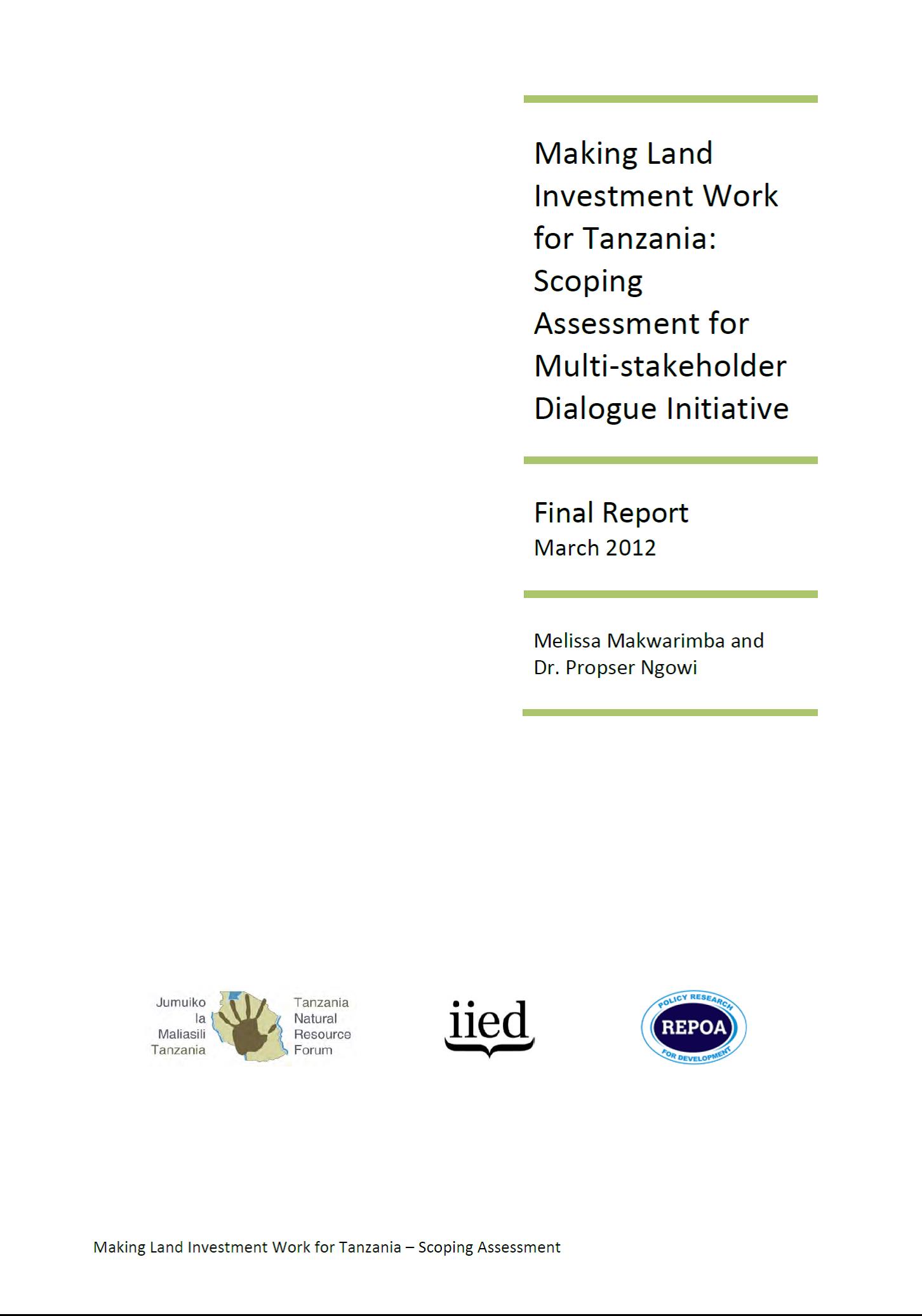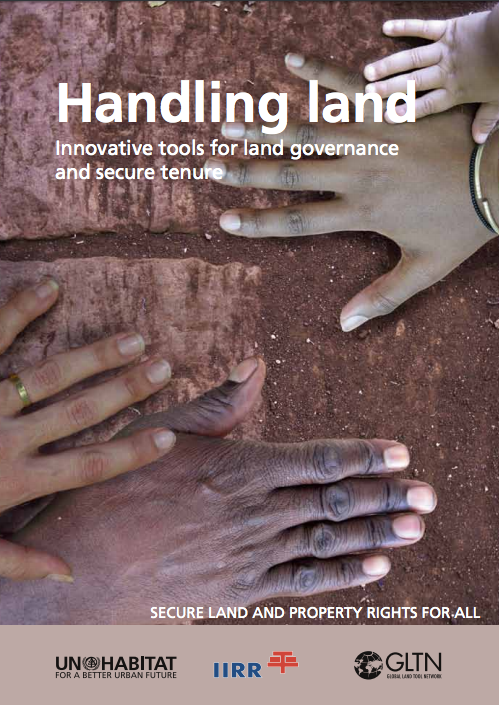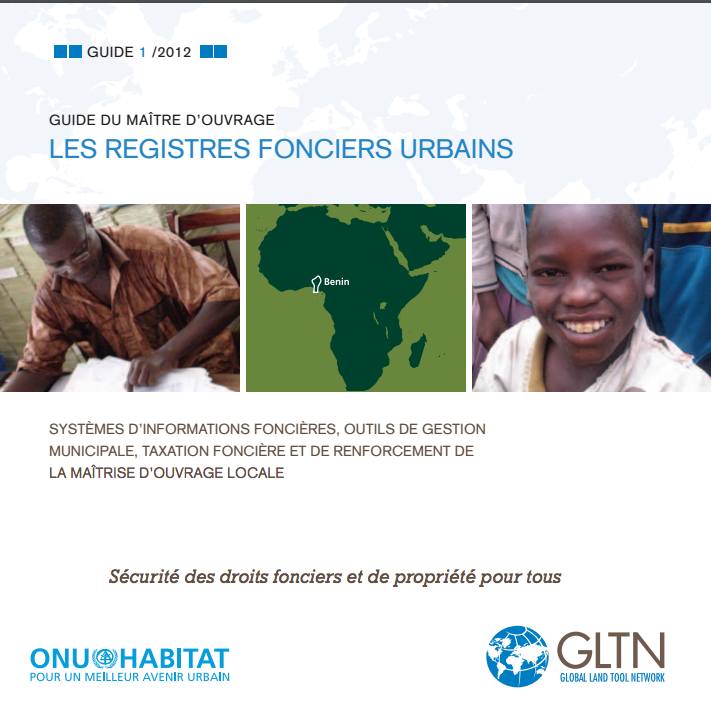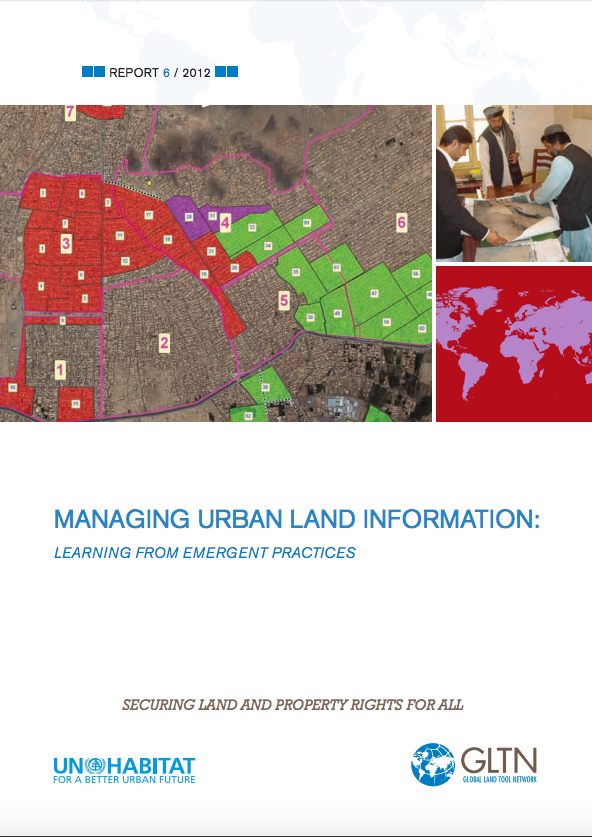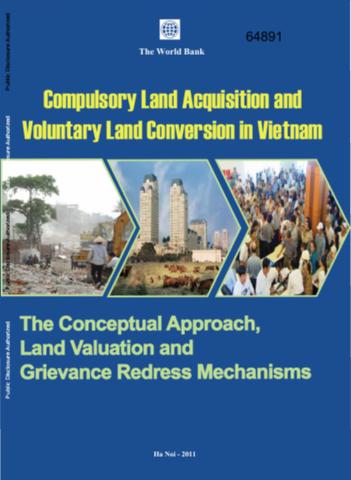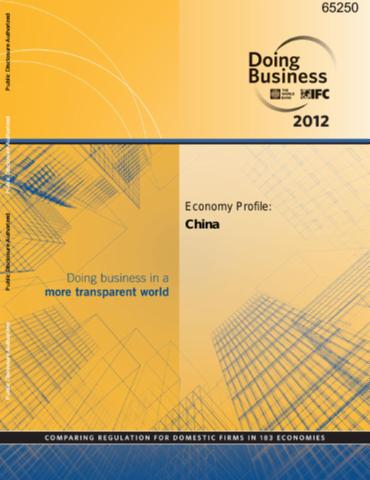Growth and Productivity in Agriculture
and Agribusiness : Evaluative Lessons from World Bank
Group Experience
The World Bank Group has a unique
opportunity to match the increases in financing for
agriculture with a sharper focus on improving agricultural
growth and productivity in agriculture-based economies,
notably in Sub-Saharan Africa. Greater effort will be needed
to connect sectoral interventions and achieve synergies from
public and private sector interventions; to build capacity
and knowledge exchange; to take stock of experience in


